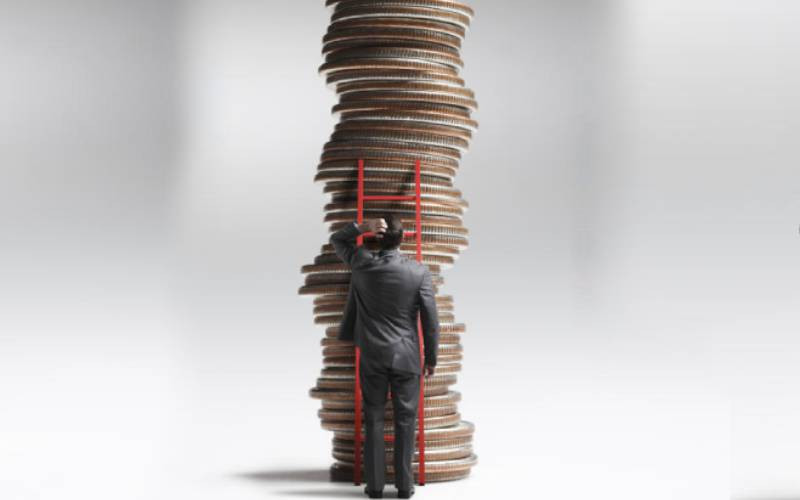×
The Standard e-Paper
Home To Bold Columnists

Kenya's public debt touched a high of Sh8.7 trillion in September even as the National Treasury issued a circular to ministries, departments and agencies asking them to cut non-essential spending.
Data from the Central Bank of Kenya (CBK) shows that this was an increase of Sh37.9 billion from Sh8.66 trillion in August, even as domestic debt raced past external borrowing.